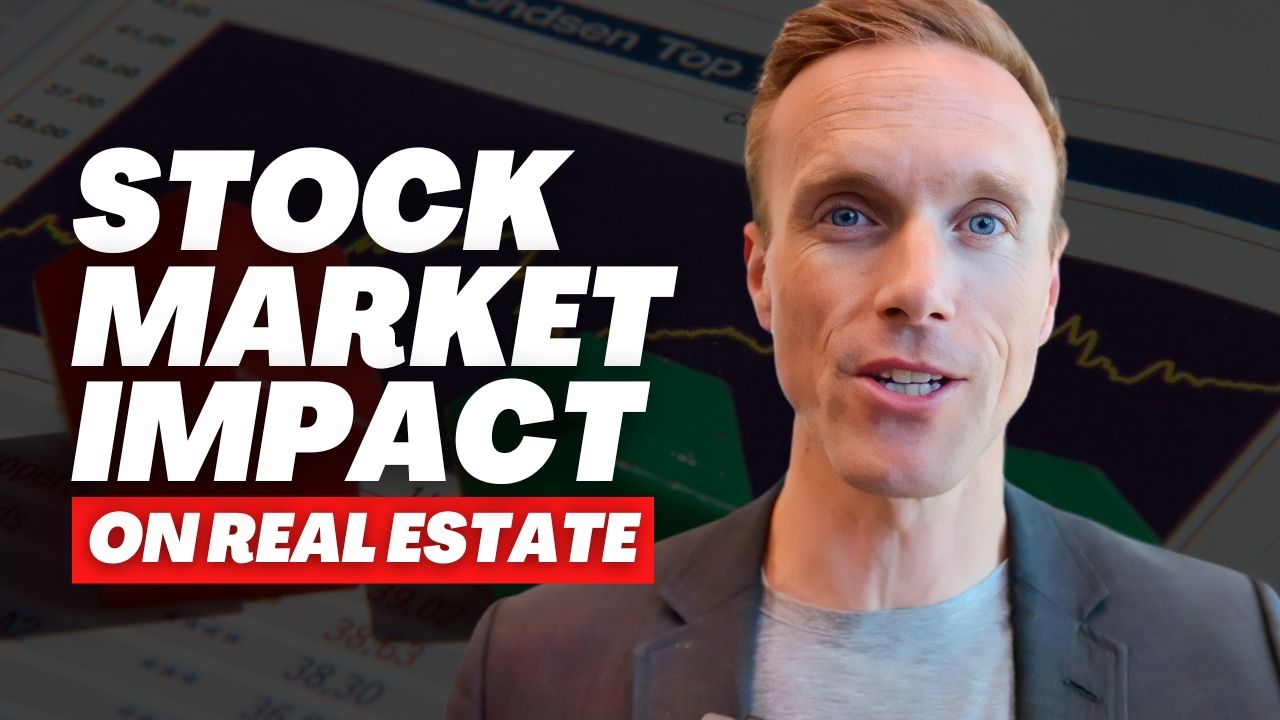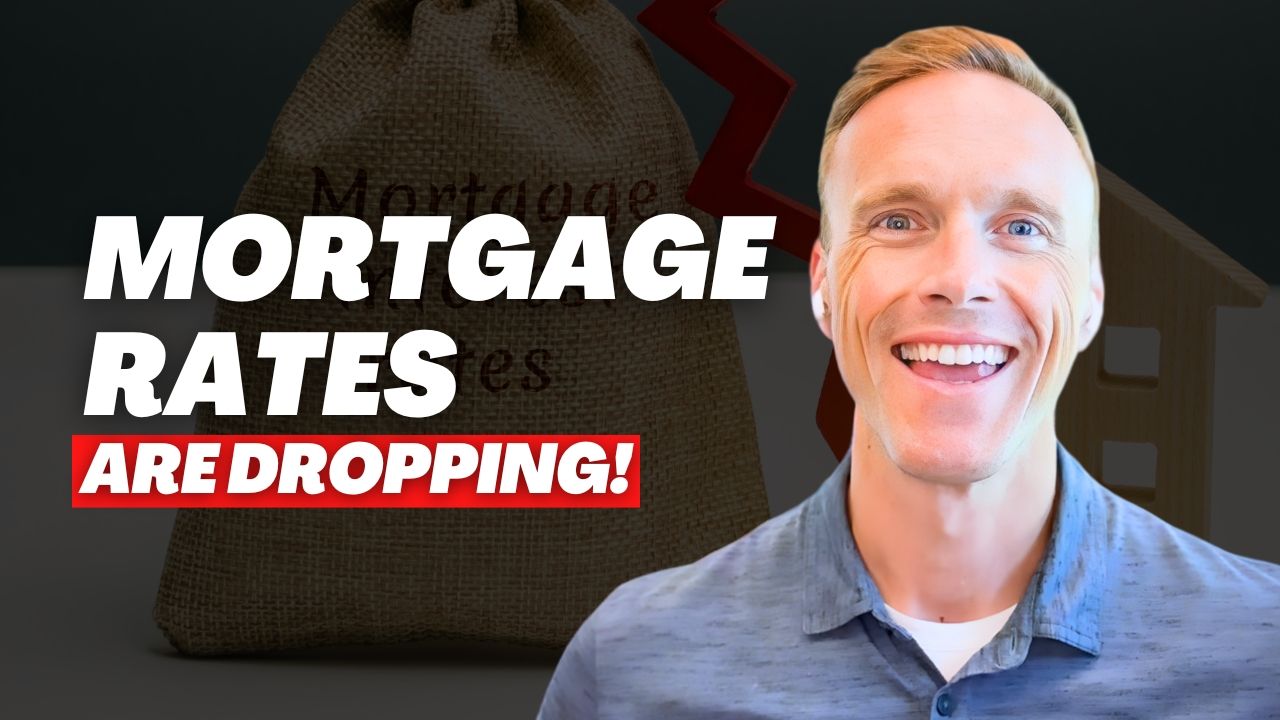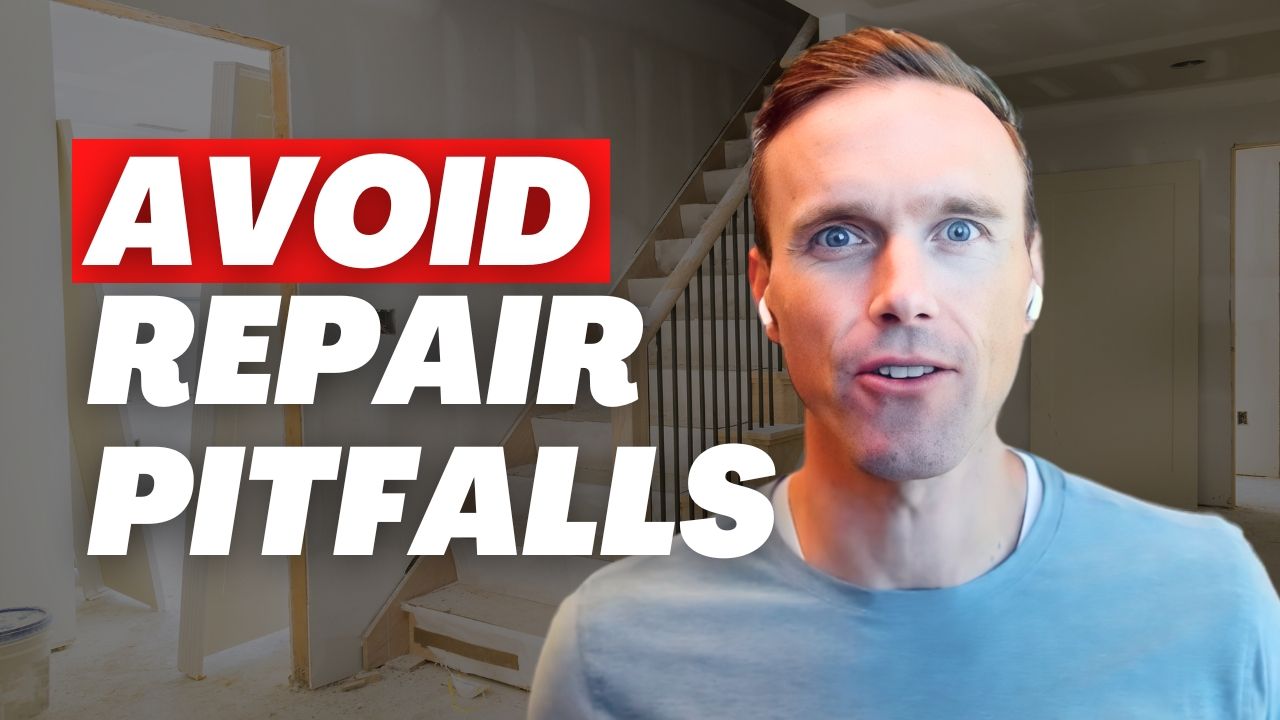By Steve LaMothe
•
January 2, 2025
Real estate showed resilience in 2024—what's next with rates and inventory? 2024 has been a year full of unexpected events. From political turmoil and global economic shifts to crypto fluctuations and escalating international conflicts, it has certainly been a turbulent time. However, despite all the chaos, one sector has remained surprisingly resilient—the real estate market. Let's look back at what happened in real estate in 2024 and what is expected for 2025. What happened in 2024? 1. Market resilience amid chaos. The year was marked by global uncertainty, from geopolitical conflicts to economic fluctuations. Despite these challenges, the real estate market remained steady. Home values increased by approximately 3% to 4%, providing stability for homeowners and investors. 2. Low inventory and low sales. High interest rates played a significant role in shaping the market. These rates made it difficult for buyers to afford homes and discouraged sellers with low-rate mortgages from listing their properties. As a result, inventory remained tight. 3. Sales trends • We are likely to see home sales staying below 4 million, similar to 2023. Meanwhile, Sacramento saw a significant improvement, with sales increasing by 10–15% compared to the previous year. • Many buyers who had been waiting on the sidelines due to high rates decided they could no longer delay their purchases, contributing to slightly improved sales figures. 4. Inventory is creeping up. Inventory levels are beginning to creep up, leading to homes staying on the market longer and more frequent price reductions. Despite these changes, inventory levels in several areas remained below pre-pandemic norms. "Waiting will hinder your net worth and economic security." What to expect in 2025 1. Sluggish 2025. Looking ahead to 2025, the market is expected to remain relatively sluggish, particularly during the first half of the year. With a new administration implementing pro-growth policies, there are hopes for economic stimulation and increased investment, which could boost consumer confidence. What this means: This shift could encourage buyers to make significant financial decisions, such as purchasing a home, once they feel more secure in the economy. However, the outcome of these policies remains uncertain, and the impact on the housing market will depend heavily on how these economic changes unfold. Interest rates will still be high. Interest rates are projected to remain stubbornly high, likely hovering around 6 to 7% throughout 2025. While the Federal Reserve is unlikely to aggressively lower rates, any slight dip in interest rates could create a surge in buyer demand. Should this happen, we could see a 10% increase in home sales compared to 2024. Home prices are expected to appreciate at a more typical rate of 2 to 4%, consistent with historical trends. Economic chaos. Global economic uncertainty is expected to continue. Despite this, there is hope for a positive employment outlook, with jobless claims likely to remain steady. The U.S. economy may also see an influx of investments, leading to job creation and further economic growth. These developments, however, remain speculative, and the future remains unpredictable. The great news The real estate market should remain relatively stable in 2025, with minimal changes in interest rates. Although the global economic situation may present challenges, the housing market is expected to continue its steady course, with home values gradually appreciating over time. If you've been putting off buying a home, you're limiting your financial growth. Waiting will hinder your net worth and economic security. Compound interest is an incredible tool, but its key is time. By waiting for rates to drop, you're costing yourself a lot of money. The message is clear : if you don’t own a home, buying one will set you on the road to financial security and the middle class. If you need proper guidance, contact me at 916-862-5463 or email me at Steve@HomesByElevate.com . Let's work together for a successful 2025!















